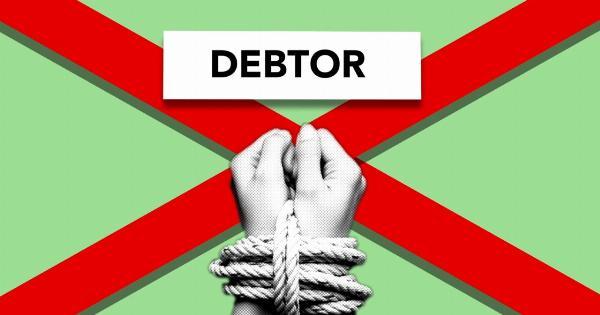Depression is a common mental health disorder that can have a significant impact on an individual’s life. The financial crisis of 2008 was a major event that affected people all around the world.
It led to widespread economic instability and had a significant impact on many individuals’ lives. In this article, we’ll explore the link between depression and the financial crisis with Stamatis Malelis, a mental health professional.
What is Depression?
Depression is a mental health disorder that causes feelings of sadness, hopelessness, and a lack of interest in activities that an individual used to enjoy.
Depression can be caused by a variety of factors, including genetics, environmental factors, and life events. An individual with depression may experience symptoms like fatigue, changes in appetite or sleep patterns, and feelings of worthlessness or guilt.
How the Financial Crisis Impacted Mental Health
The financial crisis of 2008 had a significant impact on many aspects of people’s lives, including their mental health. The economic instability caused by the crisis led to job losses, financial insecurity, and increased stress.
Individuals who were already struggling with mental health issues like depression may have found the crisis particularly difficult to navigate.
Stamatis Malelis, a mental health professional, explains that “The financial crisis led to a lot of uncertainty and anxiety.
Many people were worried about losing their jobs or their homes, and this can lead to feelings of hopelessness and helplessness.” He adds that “Financial stress can also put a strain on relationships, and this can exacerbate symptoms of depression.”.
Signs of Depression During a Financial Crisis
It’s important to recognize the signs of depression, especially during times of economic instability. While everyone experiences depression differently, there are some common symptoms to look out for.
According to Stamatis Malelis, some of the signs of depression during a financial crisis may include:.
- Feeling overwhelmed or hopeless about the future
- Increased irritability or anger
- Changes in sleep patterns
- Changes in appetite or weight
- Difficulty concentrating or making decisions
- Feeling tired or lacking energy
- Loss of interest in activities that used to be enjoyable
- Low self-esteem or feelings of worthlessness
- Increased drug or alcohol use
How to Cope with Depression During a Financial Crisis
Dealing with depression during a financial crisis can be challenging, but there are ways to cope.
Stamatis Malelis suggests that “It’s important to prioritize self-care and seek support from others.” Some strategies that may help individuals cope with depression during a financial crisis include:.
- Talking to a mental health professional
- Joining a support group
- Practicing stress-reducing techniques like meditation or yoga
- Getting regular exercise and eating a healthy diet
- Limiting exposure to news or social media that may cause stress or anxiety
- Engaging in hobbies or activities that bring joy
- Setting small, achievable goals to help build a sense of accomplishment
When to Seek Professional Help
If an individual is struggling with depression, especially during a financial crisis, it’s important to seek help from a mental health professional.
Stamatis Malelis recommends that “If an individual is experiencing symptoms of depression that are impacting their daily life or relationships, they should reach out for help.” Some signs that it may be time to seek professional help include:.
- Feeling like life isn’t worth living
- Experiencing persistent sadness or hopelessness
- Having suicidal thoughts or ideation
- Experiencing difficulty carrying out daily activities
- Feeling like nothing brings pleasure or joy
Conclusion
The financial crisis of 2008 had a significant impact on many individuals’ lives, including their mental health. Depression is a common mental health disorder that can be particularly challenging to navigate during times of economic instability.
If an individual is experiencing symptoms of depression, it’s important to prioritize self-care, seek support from others, and consider reaching out to a mental health professional for help.





























